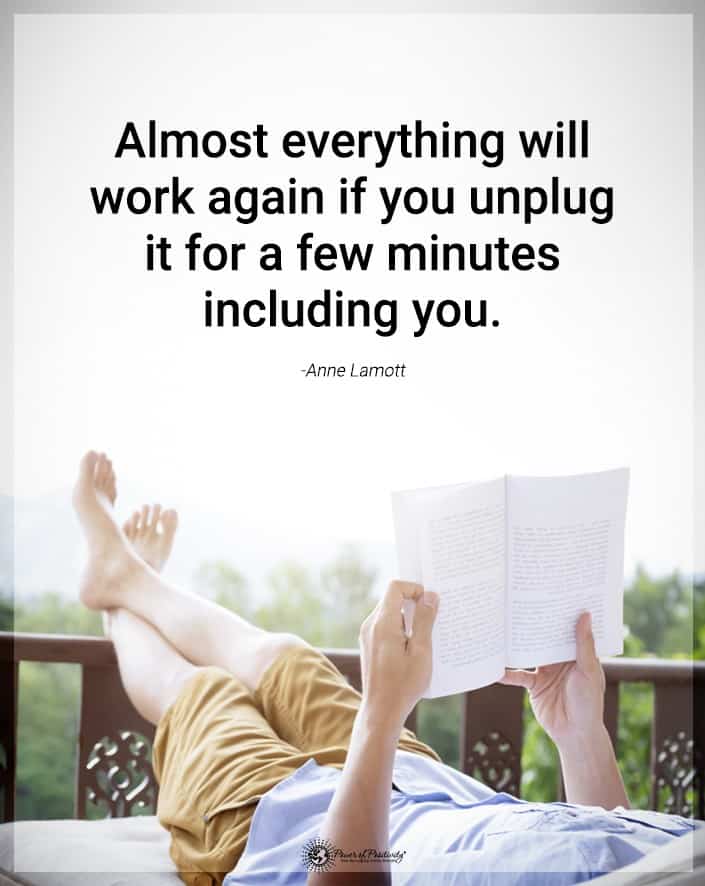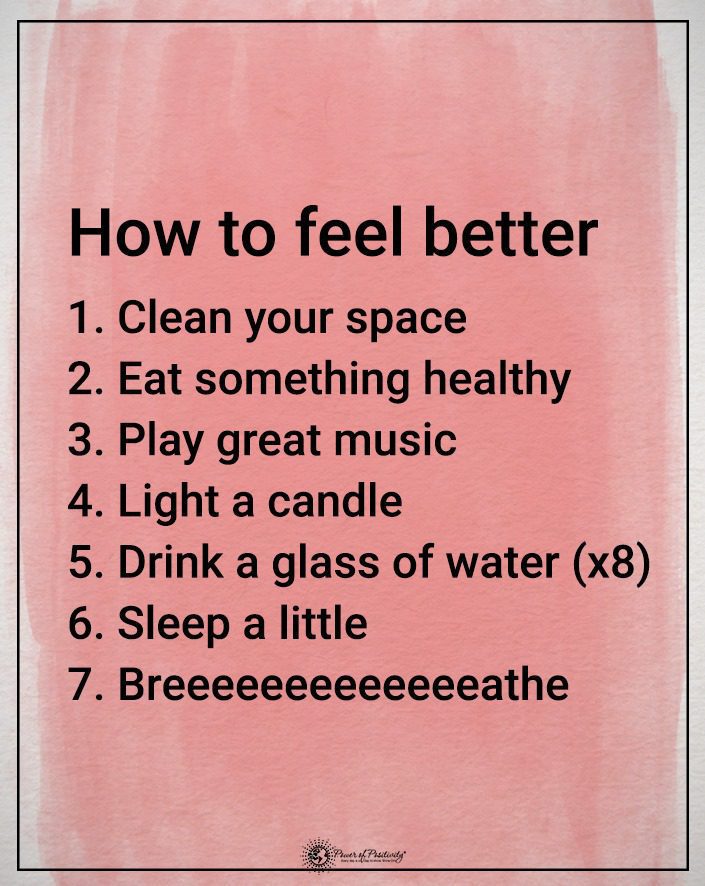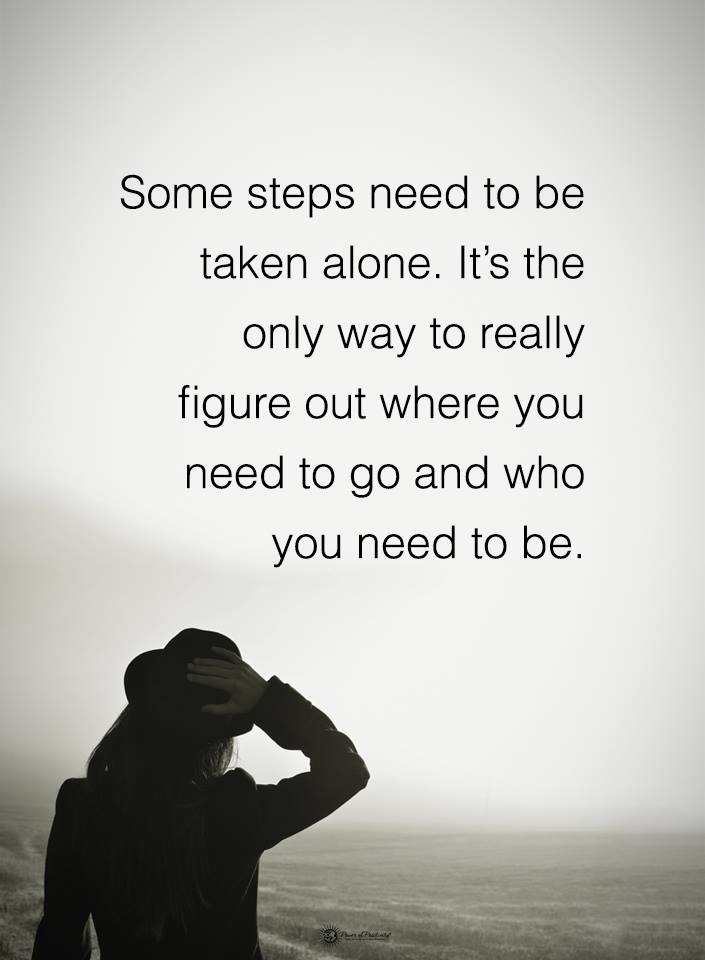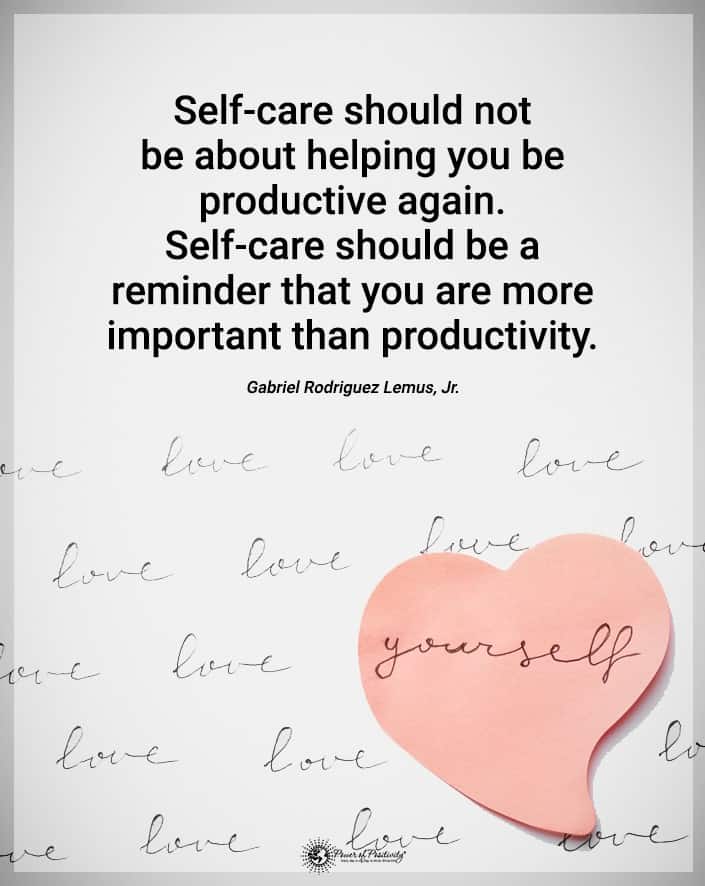“There is a link between providing (grandchild) care and reducing stress; and we know the relationship between stress and higher risk of dying.” ~ Dr. Ronan Factora, Geriatric Medicine specialist at the Cleveland Clinic
Do grandchildren love their grandparents? Absolutely!
Did you know that having them watch your kids benefits the health of both? In fact, according to a study published in the journal Evolution and Human Behavior, “grandparents who watch their grandchildren live significantly longer lives.”
Researchers used a meta-analysis of 20 years worth of data from The Berlin Aging Study, one of the largest studies of older adults aged 7o to 100 years. The team discovered that “Grandparents who provided some form of care to their grandchildren” had a 37 percent lower risk of passing away.
Let’s use a typical 70-year old healthy grandmother to demonstrate the study’s potential significance. Per the literature, having your lovely mother watch your little darlings may add a decade-plus to her life while improving her overall health.
Amazing.
Health researchers believe this effect may be due to the documented health benefits of grandparent-grandchild relationships.
Here are a few such benefits:
1. Sharpens their cognitive skills
Brain health is especially important for older adults.
Australian researchers studied 120 grandmothers. They found that those who spent at least one day per week watching their grandchildren scored higher on memory and other cognitive tests.
“Interaction with other people could cause stimulation of certain nerve pathways that are beneficial to our brain,” says Sharon Brangman, a member of the Health and Aging Foundations at the American Geriatrics Society.
Dr. Brangman notes that stress affects brain health and function, and grandparents who spend a little extra time with their grandkids may benefit from reduced stress. This, in turn, results in higher cognitive function.
2. Lowers risk of depression
According to researchers at Boston University, a healthy grandparent-grandchild relationship may reduce the risk of depression for both grandparent and child.
In the study of 376 grandparents and 340 grandchildren, emotional bonds and mutual sharing of experiences helped contribute to positive psychological effects, including fewer symptoms of depression.
3. Strengthens the immune system
Geriatricians state that intimate touch between a grandparent and grandchild “gives a sense of calmness, peacefulness, and security if you’re under stress.” Mental well-being significantly reduces stress levels and contributes to strengthening and maintaining immune system health and function.
Dr. Christine Arthur, an internist at Orange Coast Memorial Medical Center in Fountain Valley, California, cites another physiological response:
“When people are exposed to more touch, they often have a decrease in inflammatory cells and an increase in white blood cells, the fighter cells.”
Touch between grandparent and grandchild may also reduce pain and lower blood pressure.
4. Boosts physical activity
In a 2011 American Association of Retired Persons (AARP) report, nearly 60 percent of grandparents reported participating in physical activities with their grandchildren. Respondents cited engaging in gardening, exercising, and even playing sports with their grandkids!
Dr. Arthur states that grandparents who are actively engaged in the lives of their grandchildren possess more reason to get up, get dressed, walk somewhere and be physically active.
“One of the biggest things I tell older adults is never to stop moving, even if it’s a small activity.”
5. A renewed sense of purpose
Unfortunately, aging may steal some older adults’ zest for life. They’re more likely to be sedentary and tired mentally and physically. Isolation from family and friends may compound the issue. This is particularly the case if the grandparent has a physical handicap limiting their ability to get out and about.
This is one reason their grandchildren (and you!) need to visit them once in a while. “Grandchildren counteract social isolation and loneliness. They give (the grandparent) a sense of belonging and responsibility,” says Dr. Walter Nieri, a geriatrician in Sun City, Arizona.
Anyone who’s fortunate enough to have a loving grandparent in their life can tell you just how much they value this relationship. Grandparents truly have a special place in many people’s hearts.
And another thing: the grandchildren benefit just as much as the grandparent! Grandparents are not only loving, but they’re also full of knowledge and wisdom.
So, if you have a grandparent in your life, take a day out of your week to visit them. If nothing else, give them a call. They’d love to see or hear from you and your kids!








